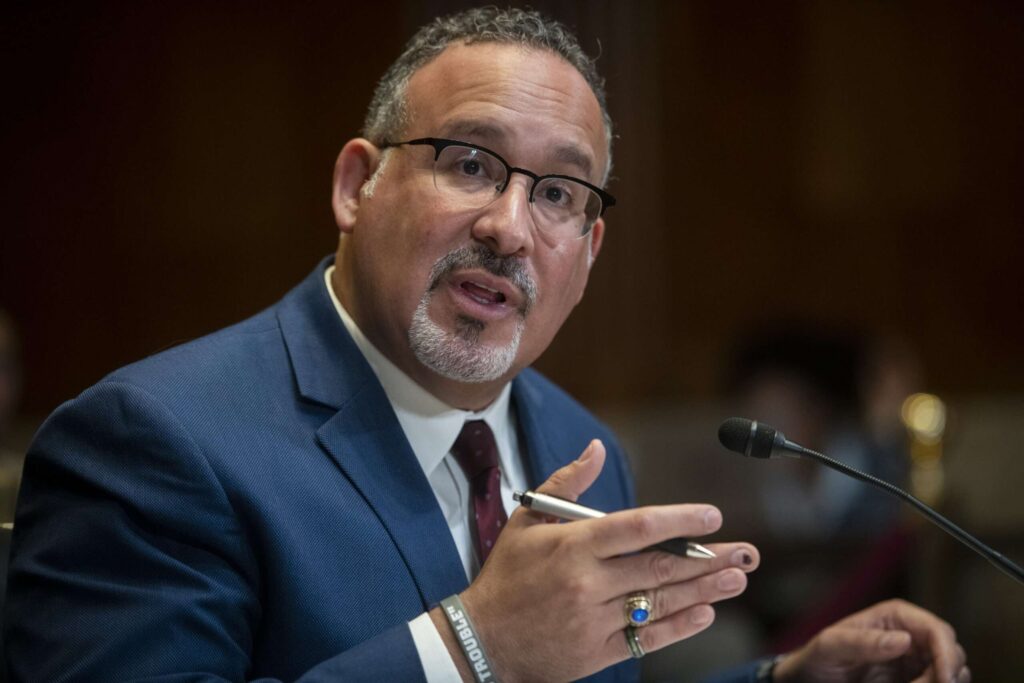In response to persistent technical issues with the Free Application for Federal Student Aid (FAFSA), which was updated and streamlined this year, the Department of Education has: announced A $50 million program to help more students fill out the form is planned for next year.
Most of the funds are for the purpose of “expansion of business.”[ing] “The availability of advisors, counselors, and coaches to support students and contributors through the FAFSA application,” Monday's press release said.
“We are determined to close the FAFSA completion gap,” said Deputy Secretary of Education Cindy Marten. “The funding we are announcing today will support state, district and community-based groups. [to] Build capacity and leverage that power to ensure that all students who need help paying for college can submit their FAFSA form. ”
The FAFSA is required for college students seeking federal grants or loans. Most universities also use this form to determine the amount of institutional financial aid they offer to students. In a typical year, more than 15 million students and their families fill out her FAFSA form. But as of late April, ubiquitous technical bugs in the updated form have led to a 24% decline in successful applications this year.
This year's problem is Consolidated Appropriations Act of 2021, required the Department of Education to release a simplified version of the FAFSA form. The updated form was released in December, more than two months later than the usual release date. The forms soon became riddled with errors and bugs, making them nearly impossible for many students to fill out.
FAFSA-specific Website Details a number of issues with forms since release. Most can be fixed with complex “workarounds”, but some will continue to be affected. student I didn't have to fill out any forms for months. In March, the Ministry of Education announced It said it miscalculated the completed forms of 200,000 students, which may have resulted in some students receiving more generous financial aid offers than they were actually eligible for.
Instead of publicly committing to fixing these problems for next year's forms, the Department for Education is trying to remedy its mistakes by throwing money at them. Why build a better FAFSA when you can pay people to guide students and their families through a frustratingly complicated process?
according to to USA Todaythe Department of Education typically releases next year's draft FAFSA in February or March, but that hasn't happened yet and that doesn't bode well for next year's form.
It's unclear whether students will have a smoother FAFSA experience next year, but at least they can say they got an apology.
“We apologize to the students and families who have had to deal with delays,” Education Secretary Miguel Cardona said in a statement. Said at a Congressional hearing this week. “I understand how frustrating that is.”


